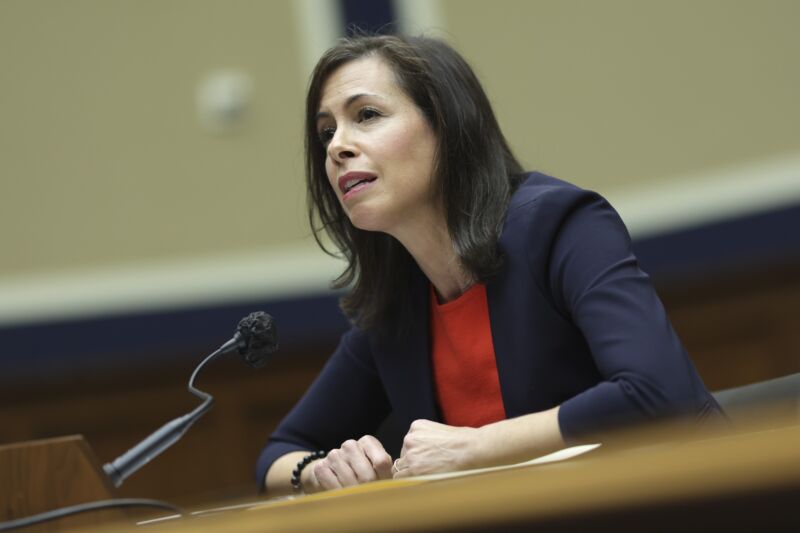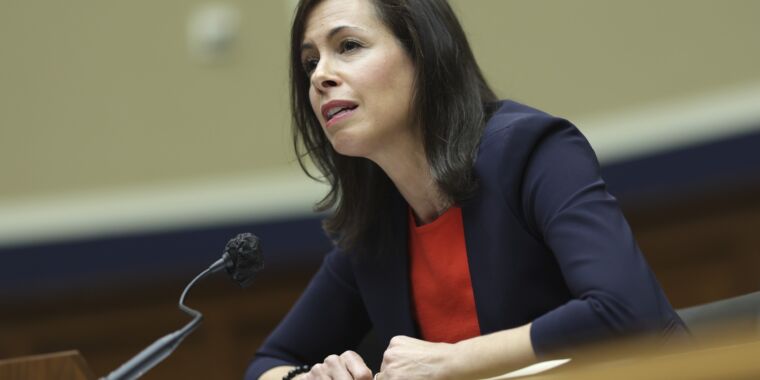
Getty Images | Kevin Dietsch
A US appeals court ruled that the Federal Communications Commission’s Universal Service Fund is unconstitutional, finding Universal Service fees on phone bills to be a “misbegotten tax.” If not overturned, the ruling would upend the $8 billion-a-year system that is used to expand telecom networks and make access more affordable through programs such as Lifeline discounts and deployment grants for Internet service providers.
But the FCC program could survive in the end as the case appears ripe for Supreme Court review, with yesterday’s ruling creating a circuit split. The ruling against the FCC was issued by the US Court of Appeals for the 5th Circuit, which is generally considered one of the most conservative appeals courts.
The FCC previously prevailed in the 6th and 11th circuit appeals courts, which both rejected claims that the Universal Service Fund is unconstitutional. All three cases against the FCC were filed by Consumers’ Research, a nonprofit that fights “woke corporations,” and a mobile virtual network operator called Cause Based Commerce, which offers wireless service to “values-based consumers who want alternatives to the many companies and providers that support causes and positions contrary to their beliefs.”
The 5th Circuit last year upheld the Universal Service Fund in a unanimous ruling by a three-judge panel. But the court agreed to an en banc rehearing with all of its judges, leading to the FCC’s loss yesterday in a 9-7 ruling.
Majority says there’s too much delegation
The nine judges in the majority based their finding in part on the FCC decision to let the Universal Service Fund be administered by a private organization called the Universal Service Administrative Company (USAC):
In the Telecommunications Act of 1996, Congress delegated its taxing power to the Federal Communications Commission. FCC then subdelegated the taxing power to a private corporation. That private corporation, in turn, relied on for-profit telecommunications companies to determine how much American citizens would be forced to pay for the “universal service” tax that appears on cell phone bills across the Nation. We hold this misbegotten tax violates Article I, § 1 of the Constitution.
Phone companies must pay a percentage of their revenue into the fund, and telcos generally pass those fees on to consumers with a Universal Service line item on telephone bills. The 5th Circuit majority said the FCC’s delegation to the USAC, when combined with Congress’s delegation to the FCC, violates the Constitution:
We are highly skeptical that the contribution factor before us comports with the bar on congressional delegations of legislative power. And we are similarly skeptical that it comports with the general rule that private entities may not wield governmental power, especially not without express and unambiguous congressional authorization. But we need not resolve either question in this case. That is because the combination of Congress’s sweeping delegation to FCC and FCC’s unauthorized subdelegation to USAC violates the Legislative Vesting Clause in Article I, § 1.
The appeals court remanded the case to the FCC for further proceedings, suggesting that the commission might somehow revive the fund under the limitations imposed by the ruling. But that would require completely reworking the program structure, and the FCC plans to instead seek Supreme Court review to save the current version of the Universal Service system.

